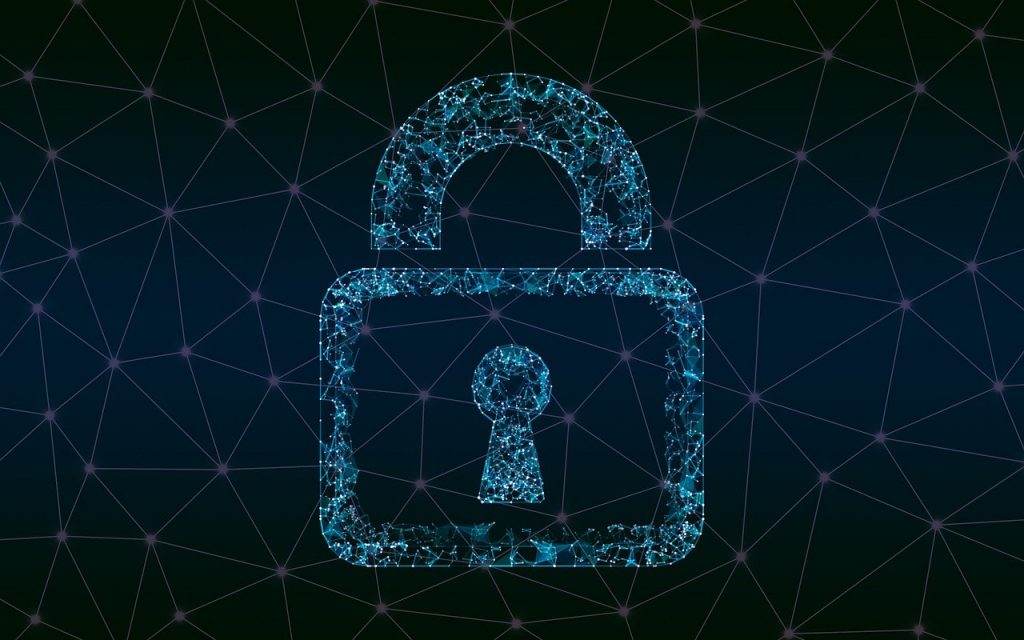Richard Garvey
Richard Garvey is the CEO of Different SEO, a premium digital marketing agency helping some of the largest brands create content that makes a difference.
How can your content marketing campaigns become a casualty of weak cybersecurity? With digitalization permeating the economy on every level, cybercrime has...

Image Credits: pixabay
How can your content marketing campaigns become a casualty of weak cybersecurity?
With digitalization permeating the economy on every level, cybercrime has become the stuff of nightmares for the business world.
In fact, 48 percent of SMBs fear that a major data breach or cyber attack has the potential to deliver a devastating coup de grace to their companies, putting them out of business permanently — and without any prospect of recovery.
Content marketing — a tool for increasing brand awareness and nurturing relationships with potential customers — may end up being the very thing decimating your brand in one split second, wiping out years of hard work, as a result of poor cybersecurity hygiene.
To prevent that from ever happening to you, you need to understand where the most common cybersecurity challenges in content marketing lie.
They say good artists copy and great artists steal, but apparently, some people tend to take this notion to the extreme.
When you schedule your content in advance, a rival from overseas or disgruntled ex-employee who gained access to your website can release your work before it goes live or gets indexed by search engines, effectively claiming ownership of it.
The issue plagues highly competitive, narrow niches in particular.
Taking into account the resources poured into producing content, the potential lost revenue, and the cost of opportunity, such leakage may result in thousands of dollars of damage, a tough blow to shrug off for small businesses.
The 2019 Website Threat Research Report carried out by Sucuri states that 62 percent of all hacked websites have one thing in common: they get broken into specifically for SEO purposes.
Among the myriad ways in which bad actors can leech off of your website, stealthily inserting spammy links into the source code to boost the SEO value of their digital properties is one of the nastiest tactics to prevent your content marketing campaign from ever taking off.
Some of the links are planted to be clicked on by the visitors as a means to siphon away your traffic.
However, the lion’s share of the links is typically hidden from the human eye, injected deeply into the source code to be seen only by search engine bots. In fact, the practice has been so widespread over the years that even has its own name — cloaking.
Not only do link injections tarnish your SEO authority, a factor that directly impacts your rankings in Search Engine Results Pages (SERPs), but they also discredit your company’s brand image.
Sadly, SEO spam injection attacks tend to fly under the radar, chipping away at the hacked website for years to come while devaluing any content published on it.
On top of lacing the source code with external links, having snuck in, cybercriminals may also approach sabotaging your content marketing strategy from a different angle: by creating spammy web pages (also known as doorway pages) behind your back.
And as you may have guessed, the purpose of such practice, again, is to manipulate search engine algorithms at the expense of the website’s reputation.
Obviously, that often leads to a perfectly legitimate website getting penalized or even blacklisted by search engines, bleeding it dry of any organic search traffic.
And here’s the rub: Business executives are typically not even aware of the problem since they lack the technical SEO knowledge and special software it takes to timely spot holes in their website and patches them up before Google gets a whiff of trouble.
For small businesses that double down on content marketing to reach out to their potential customers, the aftermath of a successful SEO spam injection may easily push the company off a cliff.
90 percent of all successful cyber attacks are attributed to human error.
Social engineering and phishing attacks rely on psychological tricks to dupe the victim into making a certain action or giving up sensitive information that grants cybercriminal access to the victim’s digital properties.
Be it your website or social media profiles, having your digital marketing channels hijacked that way to spread deceitful or embarrassing information is yet another way to wreak havoc on your content marketing strategy.
When applied to small businesses neglecting regular data backups, destroying databases of a compromised website is a surefire way to knock a rival out of the race for a while, if not permanently.
When someone gains access to the server hosting your website or the content management system (CMS) administrator menu, all the content can be erased with just a few lines of code.
For that reason, always, always, always create copies of your databases and store them somewhere safe.
Never forget that any website can be hacked, even the ones shelling out top dollar for the best cybersecurity systems under the sun.
However, scheduled database backups allow you to instantly reverse the damage should you find yourself on the receiving end of a cyber attack.
Any cybersecurity expert worth their salt will tell you that you are never completely safe from the many dangers that lurk online, no matter how deep your pockets are.
But since most cybercriminals are on the lookout for an easy target, it is perfectly within your power to dramatically reduce the likelihood of a successful data breach or cyber attack by implementing a series of simple security measures:
While seemingly primitive, the easy-to-do security measures mentioned above should help you stave off trouble and protect your content marketing campaigns from ever becoming the prey of cybercriminals.
Suggested:
Ways Businesses Are Breathing New Life Into Content Marketing.